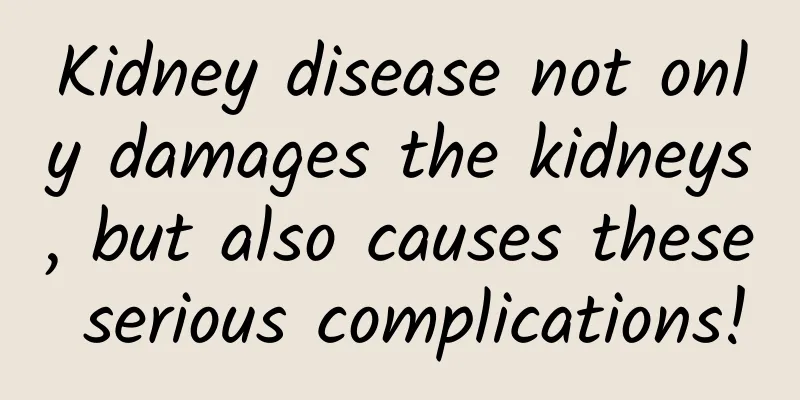Symptoms three days after transplantation

|
Various reasons prevent many women from accepting the joy of being a mother, so they often have difficulty getting pregnant. In order to improve the situation of these infertile groups, in vitro fertilization has gradually developed. So far, there is a very mature technology. The chances of success through in vitro fertilization are still very high. Generally, three days after the transplant, the body will gradually begin to have some symptoms, such as a small amount of bleeding, or feeling some abnormalities in the abdomen, etc. Symptoms after IVF transfer The most common symptom is post-transplant bleeding, which can be divided into two types: minor bleeding and major bleeding. The minor bleeding is mainly due to the bleeding from the needle hole not stopping during the transplant. If there is heavy bleeding, an ectopic pregnancy may occur. Therefore, if there is heavy bleeding, you must go to the hospital for treatment in time. There will also be abdominal pain after transplantation. This kind of abdominal pain is the pain of recovery after skin injury. If an insensitive person will not feel it, mild pain is related to mental tension. If the pain is severe and there are symptoms such as bleeding, it may be due to ovarian incarceration or torsion. In this case, you need to go to the hospital for treatment. Some women may also experience abdominal distension and chest tightness after the transplant, which occurs one or two days after the transplant. This is mainly due to insufficient progesterone leading to reduced intestinal motility, which is generally not a big problem. However, if the injected estrogen is too high or too many eggs are retrieved, you must be very careful to avoid adverse effects. A small number of women will experience constipation after transplantation. This is mainly caused by these women exercising too little and eating too fine a diet. It is recommended to improve the dietary structure, eat more foods containing fiber, such as vegetables and fruits, etc., do some appropriate activities, and avoid lying in bed for a long time. It is best not to take laxatives to defecate, but to improve your diet. Generally, after the IVF transplant is completed, try to take as little medicine as possible, especially Western medicine. If it is a mild cough, cold, fever, etc., you can improve it by resting and taking some vitamin tablets, but if the condition is serious, you must go to the hospital for treatment. The success rate of in vitro fertilization transplantation is not 100%, so you must protect yourself well, especially in the first month, keep a happy mood, go to the hospital for regular check-ups, and most importantly, do not have sexual intercourse to avoid miscarriage due to unstable embryo implantation. |
<<: What are the symptoms of 14 weeks pregnancy
>>: Left lower abdominal pain during ovulation
Recommend
How many sit-ups should you do? One look and you'll know
The abdomen is the place where fat is most likely...
4 weeks pregnant stomach pain
Pregnancy is caused by the male sperm entering th...
How harmful is breast surgery to the body?
Breasts are the sexiest part of a woman, and ever...
Should I eat pineapple before or after meals? What kind of water is used to soak pineapple?
The bromelain contained in pineapple can help dig...
Can pregnancy occur with one ovary?
Under normal circumstances, there are two ovaries...
What problems can uterine cold cause?
Uterine cold is a particularly serious gynecologi...
What should pregnant women pay attention to if they like spicy food?
Many female friends' tastes change once they ...
What to do if you have erotic dreams and uterine contractions during pregnancy
Many women will experience many changes in their ...
Black color for the first menstrual period after abortion
I believe that if friends do not want children or...
What are flat peaches? How to eat them?
The peach is not only good in color, fragrance an...
Can I get pregnant if I have uterine fibroids?
Uterine fibroids mostly occur in middle-aged wome...
Women with blood stasis should master two methods to maintain their health
Many women suffer from the trouble of blood stasi...
Is it normal for a woman to go through menopause at 46?
Changes in menstrual periods are one of the key s...
Is a female right ovarian cyst serious?
Ovarian cysts are very common in women's live...
I was shocked. Now I know that drinking soy milk can also help you lose weight.
Soybean is a kind of cereal and is a good partner...









